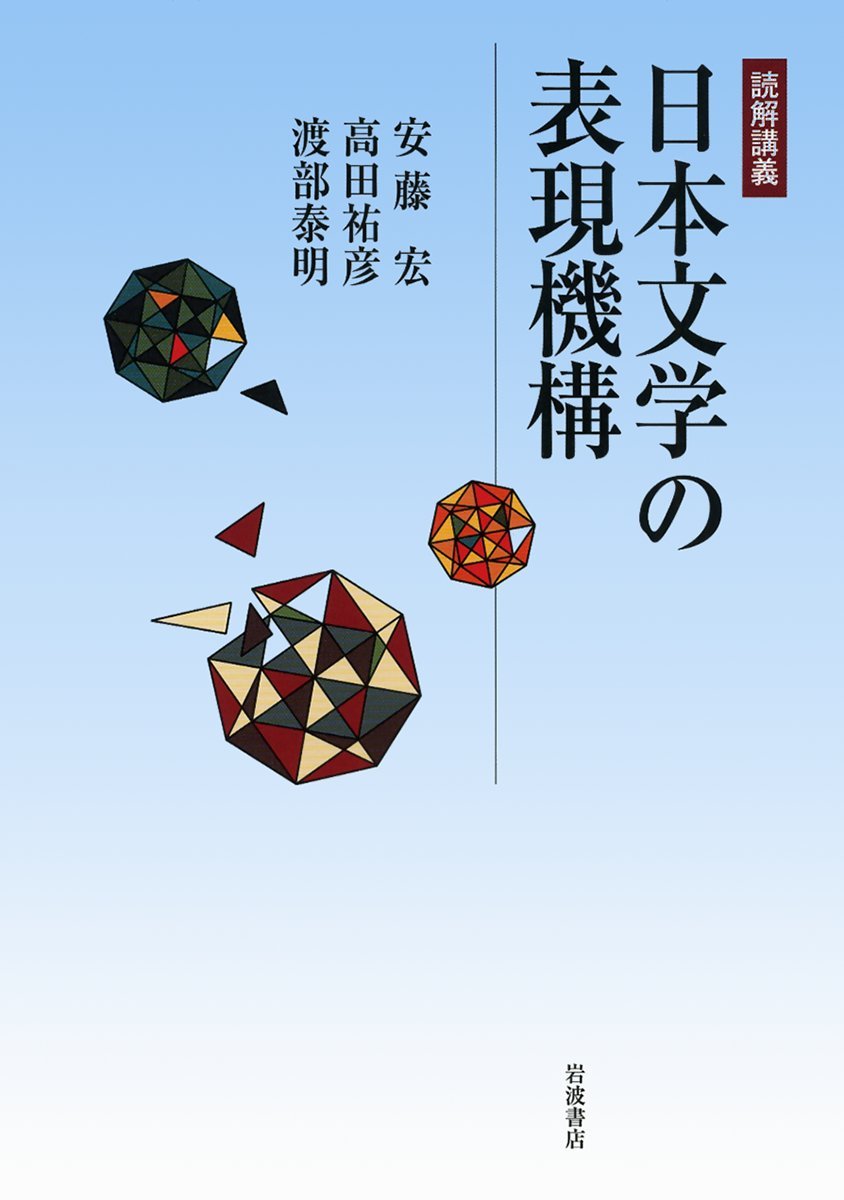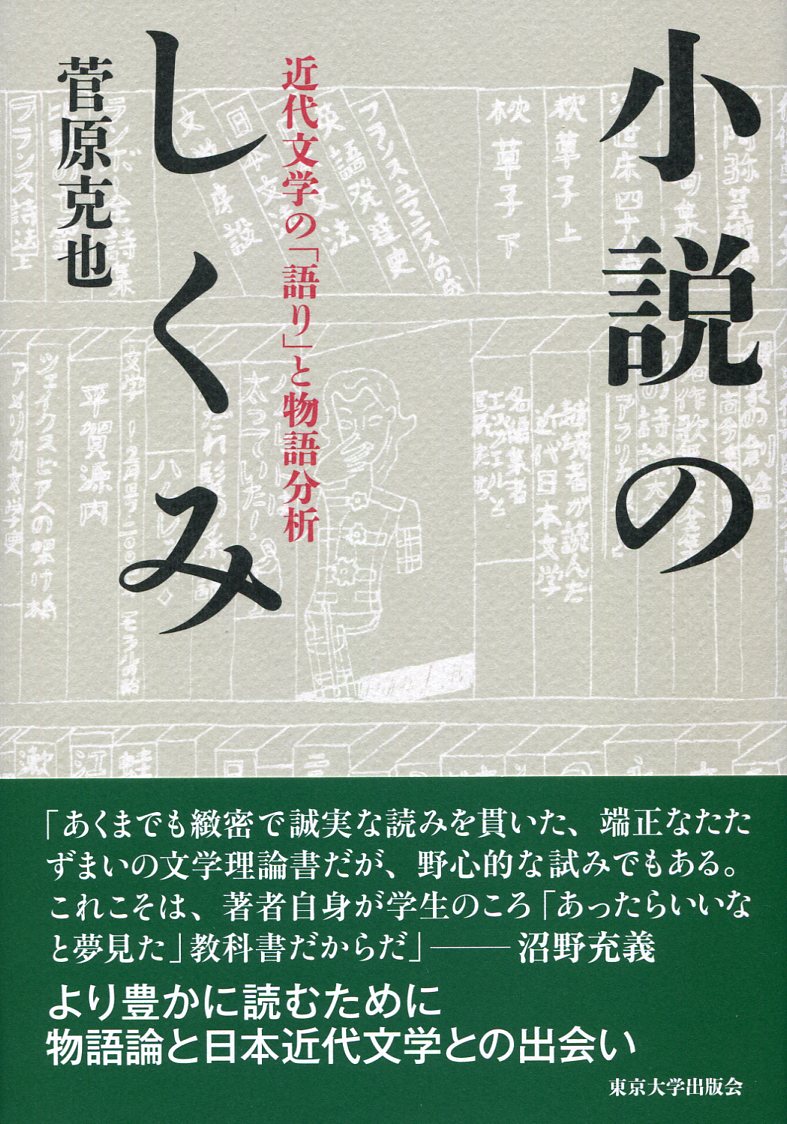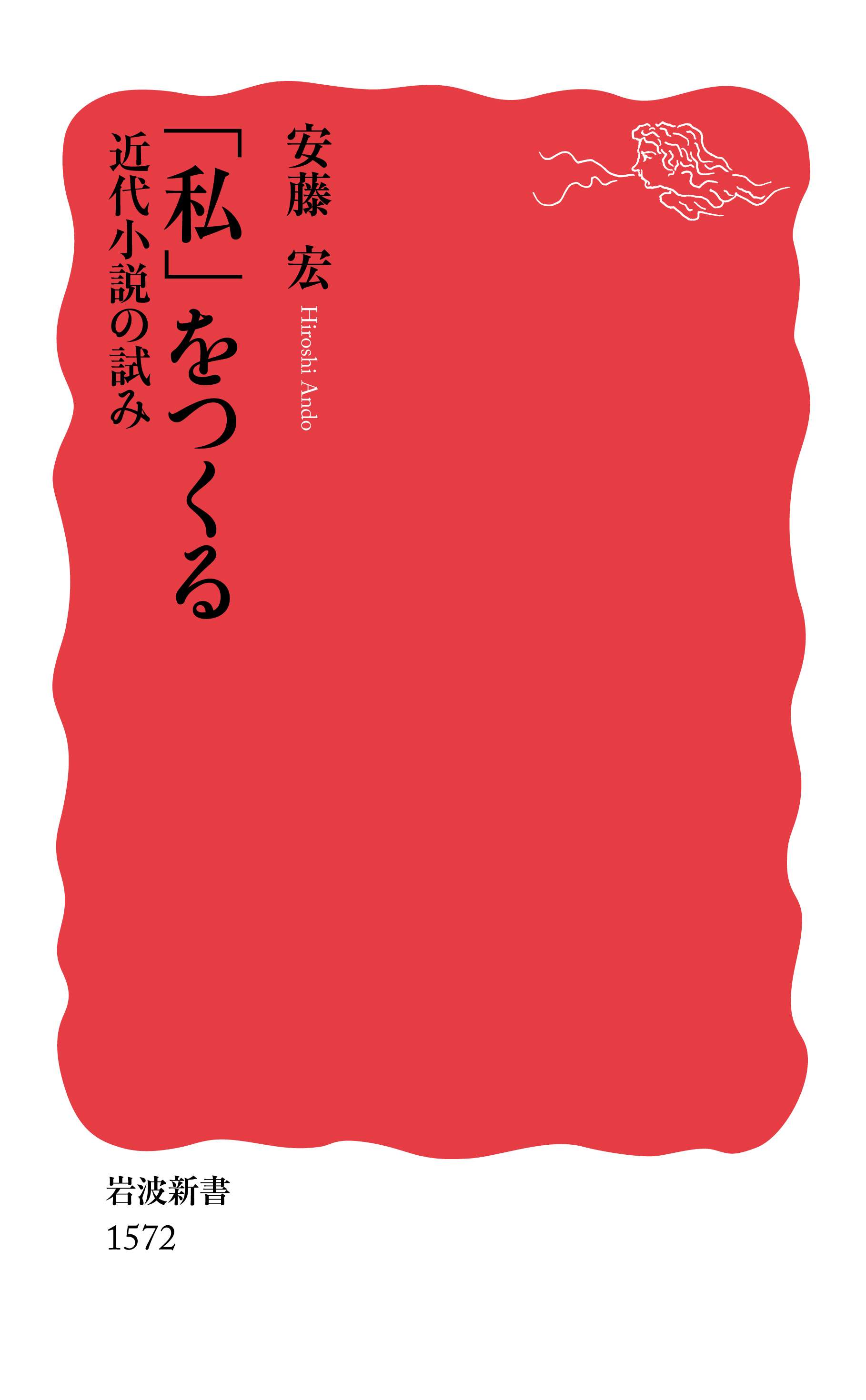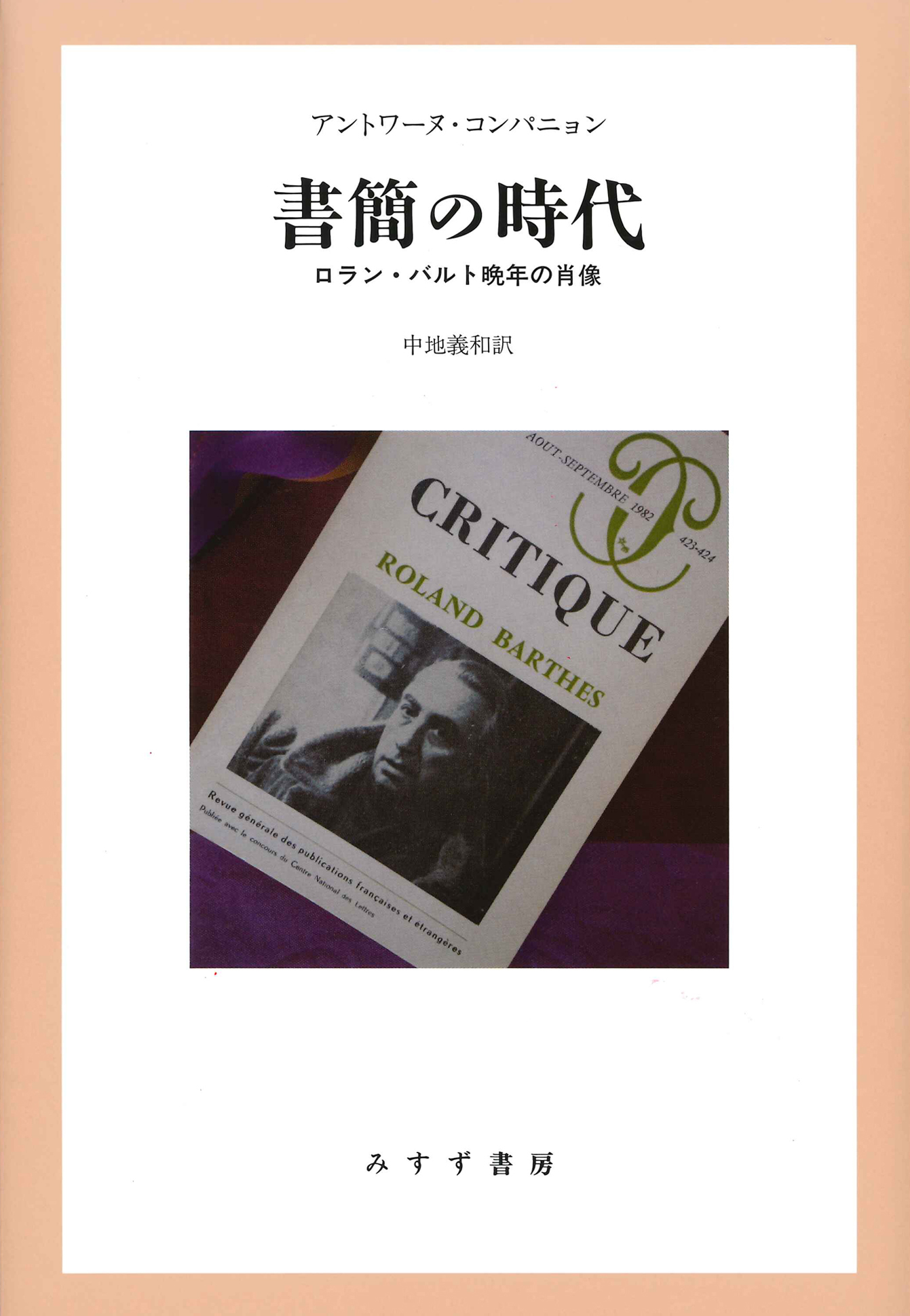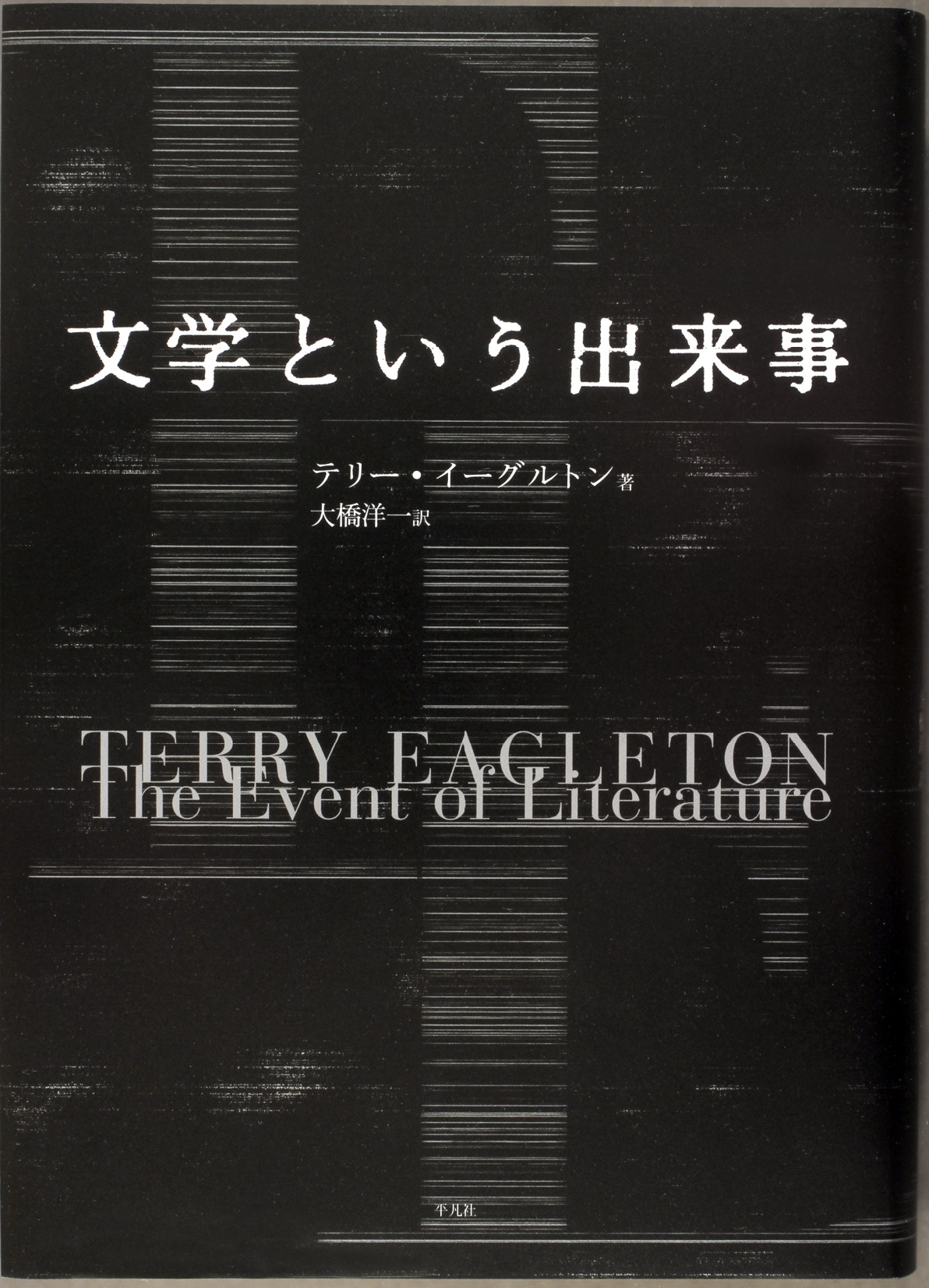
Title
Bungaku Toiu Dekigoto (The Event of Literature)
Size
352 pages, A5 format
Language
Japanese
Released
April 27, 2018
ISBN
9784582744316
Published by
Heibonsha
Book Info
See Book Availability at Library
Japanese Page
The rise of literary theory had a great impact on traditional literary studies and criticism. In the middle of the literary theory boom, Terry Eagleton (1943- ) wrote a highly acclaimed introductory book, Literary Theory: An Introduction (1983), which was enthusiastically welcomed by literary students as well as general readers for its succinct and very readable overviews of the validity and limits of a great many different fields of literary theories. Almost thirty years later, the author presents the view that in the age of applied theories, one topic is still neglected: the fundamental question of “what is literature?” In his new book, The Event of Literature (2012), the author turns to the philosophy (analytic philosophy) of literature for some solid and lucid insights into the its essential nature.
The author discusses the five features of literature, which are all brought forth through wide-ranging, intensive, and comprehensive research: 1) fictional elements, 2) moral elements, 3) richly figurative uses of language, 4) non-pragmatic elements, and 5) normative elements. The focus of his argument is on the limits of the philosophy of literature, as can be expected from his hitherto characteristically trenchant critical discourse; his satirical, vivid, and witty critique of rigid, awkward, dismaying, and sometimes nonsensical philosophical considerations on literature is superbly hilarious and insightful.
What the author proposes as a drastic paradigm shift is to consider literature through the lens of its behavior— to be more precise, its strategic behavior. The most valuable and underestimated element of literature lies in its behavior rather than in its contents, messages and information, allegorical and symbolic elements, and forms and structures. If we regard literature not as a fact but as an act, focusing on its strategy rather than its repertory and considering it to be a performance or event, we can then recognize its true worth; this is a significant shift in the way we think of literature. Finally, we need a type of analysis of literature in which literary texts are grasped as both structure and event, or both structure and structure-in-action.
Unfortunately, some book reviewers of the Japanese translation of this book have completely failed to recognize such a dynamic view of literature. However, even though this book has proven to be difficult for those who are still dominated by traditional and static views, it will undoubtedly be open to the fresh and flexible interpretations of the younger readership in Japan.
One of the more appropriate alternative titles of this book is unanimously agreed upon to be What is Literature? Thirty years ago, when Literary Theory: An Introduction was translated into Japanese, the publisher suggested to the translator (myself) that the title be replaced with a new one—“Bungaku towa Nanika?” (“What is Literature?”)—because its original title, “Literary Theory,” was at that time judged to be intimidating to the general readers in Japan. I should have declined such a proposal, if only to preserve that title for the Japanese translation of The Event of Literature. I am still haunted by regret at having lost the chance to use such a title for good.
(Written by Yoichi Ohashi, Professor, Graduate School of Humanities and Sociology / 2018)



 Find a book
Find a book


